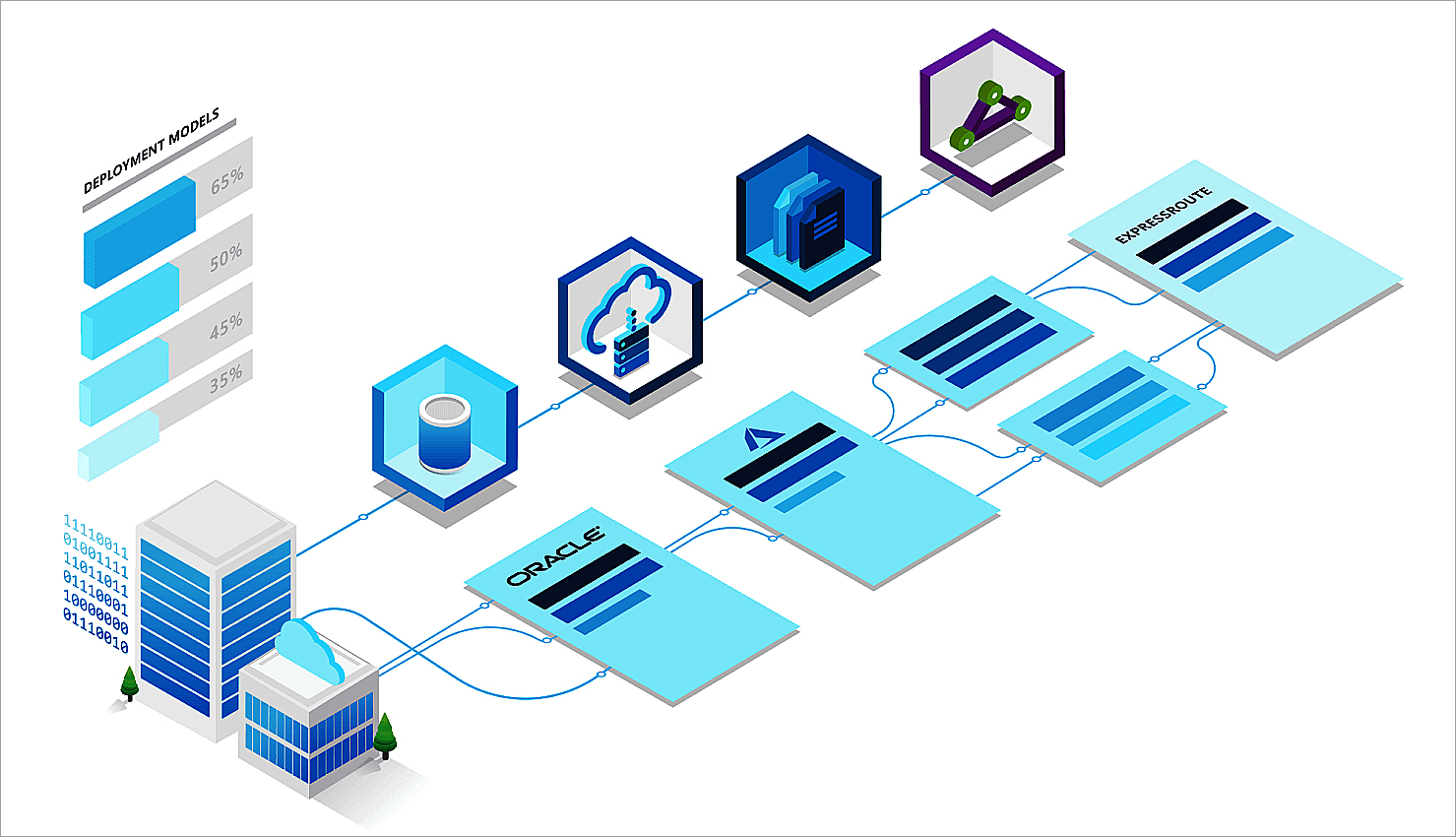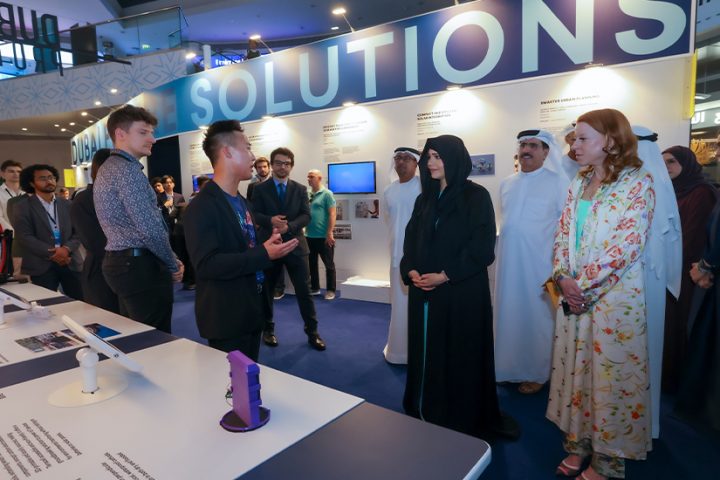Microsoft and Oracle announced cloud interoperability partnership enabling customers to migrate and run mission-critical enterprise workloads across Microsoft Azure and Oracle Cloud. Enterprises can now seamlessly connect Azure services, like analytics and AI, to Oracle Cloud services, like Autonomous Database. By enabling customers to run one part of a workload within Azure and another part of the same workload within the Oracle Cloud, the partnership delivers a highly optimised, best-of-both-clouds experience. Taken together, Azure and Oracle Cloud offer customers a one-stop shop for all the cloud services and applications they need to run their entire business.
Connecting Azure and Oracle Cloud through network and identity interoperability makes lift-and-improve migrations seamless. This partnership delivers direct, fast and highly reliable network connectivity between two clouds, while continuing to provide customer service and support that enterprises have come to expect from the two companies. In addition to providing interoperability for customers running Oracle software on Oracle Cloud and Microsoft software on Azure, it enables new and innovative scenarios like running Oracle E-Business Suite or Oracle JD Edwards on Azure against an Oracle Autonomous Database running on Exadata infrastructure in the Oracle Cloud.


Comments Sebastian T Samuel, CIO at AW Rostamani, “It is too early to respond at the moment. We need to understand the various deployment options available for enterprise customers. In a broad perspective, I see these associations as positive for customers as this may give many choices and combinations to customers.”
As a result of this expanded partnership, the companies are making available a new set of capabilities:
- Connect Azure and Oracle Cloud seamlessly, allowing customers to extend their on-premises datacenters to both clouds. This direct interconnect is available starting today in North America and Azure US East, with plans to expand additional regions in the future.
- Unified identity and access management, via a unified single sign-on experience and automated user provisioning, to manage resources across Azure and Oracle Cloud. Also available in early preview today, Oracle applications can use Azure Active Directory as the identity provider and for conditional access.
- Supported deployment of custom applications and packaged Oracle applications, JD Edwards EnterpriseOne, E-Business Suite, PeopleSoft, Oracle Retail, Hyperion on Azure with Oracle databases RAC, Exadata, Autonomous Database, deployed in Oracle Cloud. The same Oracle applications will also be certified to run on Azure with Oracle databases in Oracle Cloud.
A collaborative support model to help IT organisations deploy these new capabilities while enabling them to leverage existing customer support relationships and processes. Oracle Database will continue to be certified to run in Azure on various operating systems, including Windows Server and Oracle Linux.


“As the cloud of choice for the enterprise, with over 95% of the Fortune 500 using Azure, we have always been first and foremost focused on helping our customers thrive on their digital transformation journeys,” said Scott Guthrie, Executive Vice President of Microsoft’s Cloud and AI division. “With Oracle’s enterprise expertise, this alliance is a natural choice for us as we help our joint customers accelerate the migration of enterprise applications and databases to the public cloud.”
“The Oracle Cloud offers a complete suite of integrated applications for sales, service, marketing, human resources, finance, supply chain and manufacturing, plus highly automated and secure Generation 2 infrastructure featuring the Oracle Autonomous Database,” said Don Johnson, Executive Vice President, Oracle Cloud Infrastructure. “Oracle and Microsoft have served enterprise customer needs for decades. With this partnership, our joint customers can migrate their entire set of existing applications to the cloud without having to re-architect anything, preserving the large investments they have already made.”
Key takeaways
- Azure and Oracle Cloud offer customers a one-stop shop for cloud services and applications needed to run their business.
- Enterprises can connect Azure services, like analytics and AI, to Oracle Cloud services, like Autonomous Database.
- Customers can run one part of a workload within Azure and another part of the same workload within Oracle Cloud.



















